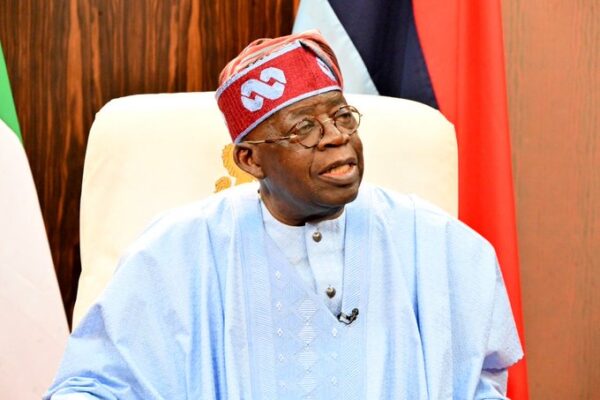
Nigeria’s inflation rate rose to 33.88 per cent in October 2024, up from 32.70 per cent in September, the National Bureau of Statistics (NBS) reported. This marks the second consecutive month of rising inflation after a brief decline earlier this year. On a year-on-year basis, inflation was 6.55 percentage points higher than the 27.33 per cent recorded in October 2023. The increase shows that there are continuing price pressures in key sectors.
According to NBS, food prices majorly contributed to the high inflation rate. Food inflation jumped to 39.16 per cent in October, up from 31.52 per cent a year ago. The rise was driven by increased costs for staples such as rice, maize, yam, palm oil, and cooking oil. Monthly food inflation also rose to 2.94 per cent in October, compared to 2.64 per cent in September. The impact of severe flooding in 29 states, which destroyed over 1.5 million hectares of farmland, has worsened food scarcity and further pushed up prices.
Earlier this year, inflation rose to 33.2 per cent in March, up from 31.7 per cent in February. It peaked at 34.19 per cent in June, the highest in nearly three decades, before easing slightly in the following months due to seasonal harvests.
The inflation spike comes after a series of economic policy changes. President Bola Tinubu’s removal of petrol subsidies and the devaluation of the naira earlier this year triggered higher economic costs. While these changes were meant to improve public finances, they have worsened economic struggles and increased the cost of living.
Despite measures such as the suspension of duties on some food imports and a state of emergency declared on food security in 2023, food inflation has remained significantly high. The Central Bank of Nigeria has responded by raising interest rates five times this year to control inflation. It is set to announce its final rate decision for 2024 on November 26.
Read More:
- Miss South Africa, Mia Le Roux Withdraws From Miss Universe Finals Citing Health Concerns
- Two News Central Journalists Released After Being Detained While Covering Protests in Mozambique
About The Author
Related Articles
Bola Tinubu Administration Accused of Enabling Terrorism as NSA Nuhu Ribadu Pushes Terrorist Reintegration with Western-Funded Ex-Fighter Programs
The administration of President Bola Tinubu is running the country on autopilot...
ByWest Africa WeeklyMarch 1, 2026Zimbabwe Rejects $350m US Health Deal Over Sovereignty Dispute
Zimbabwe has formally withdrawn from negotiations on a proposed $350 million health...
ByWest Africa WeeklyFebruary 25, 2026Niger’s President Outlines Vision for Strategic Partnership with China
Niger’s Head of State, General Abdourahmane Tiani, has articulated a renewed vision...
ByWest Africa WeeklyFebruary 25, 2026Fire Destroys 140 Tonnes of Cotton in Western Burkina Faso
A major fire has destroyed more than 140 tonnes of cotton in...
ByWest Africa WeeklyFebruary 25, 2026













Leave a comment